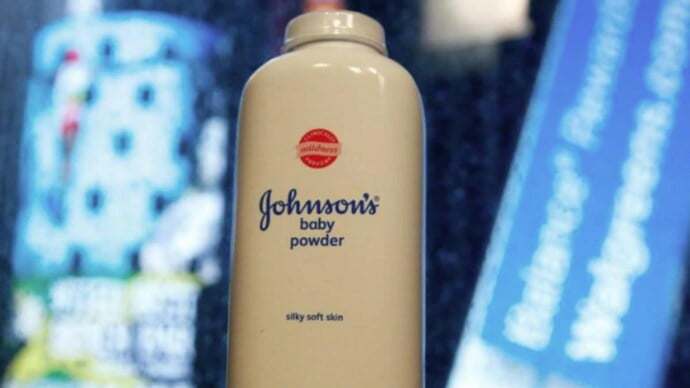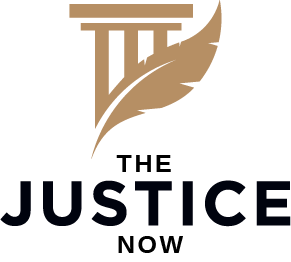J&J's bankruptcy - On Friday, a U.S. judge rejected Johnson & Johnson's second effort to resolve numerous lawsuits concerning their talc products through bankruptcy. This decision has put at risk an $8.9 billion settlement plan that aimed to prevent any further lawsuits from being filed against the company.

The ruling was made by U.S. Bankruptcy Judge Michael Kaplan in Trenton, New Jersey. He stated that the second bankruptcy attempt by a Johnson & Johnson subsidiary, similar to the first one, cannot proceed since the talc lawsuits did not pose an immediate threat of “financial distress” to the company.
“In conclusion, while this Court perceives potential issues, it does not find sufficient evidence to substantiate them,” Kaplan stated, making reference to the J&J subsidiary LTL. “Consequently, the focus on certainty and immediate financial distress prevents LTL from pursuing chapter 11 at this particular juncture.”
Following Kaplan’s ruling, J&J announced on Friday its intention to appeal the decision and vowed to vigorously defend itself against lawsuits that are deemed “specious and lack scientific merit.”
J&J’s initial attempt at bankruptcy started in 2021, during which it transferred its talc-related liabilities to a newly formed entity named LTL Management, and promptly filed for bankruptcy on behalf of LTL. However, LTL’s first bankruptcy case was dismissed in April after a U.S. appeals court ruled that the company did not meet the required financial distress criteria to qualify for bankruptcy protection.
Following the dismissal of its first bankruptcy attempt, LTL promptly filed for bankruptcy once again, contending that its second endeavour has garnered increased backing from plaintiffs for an all-encompassing resolution of existing and prospective lawsuits. These lawsuits allege that Johnson & Johnson’s baby powder and other talc products occasionally contained asbestos, leading to mesothelioma, ovarian cancer, and other forms of cancer. On its part, J&J maintains that its talc products are safe and asbestos-free.
Lawyers representing individuals affected by cancer, in conjunction with the U.S. Justice Department’s bankruptcy oversight, had urged for the dismissal of LTL’s second bankruptcy, arguing that it constituted an abuse of U.S. bankruptcy laws.
Andy Birchfield, an attorney representing cancer victims, asserted that the purpose of the second bankruptcy was to prevent the talc-related lawsuits from being heard before juries.
“For the past two years, J&J has been attempting to convince us that a company valued at half a trillion dollars is bankrupt,” Birchfield stated. “It’s time to put an end to this nonsensical approach and for J&J to take responsibility for its actions.
J&J contended that the proposed bankruptcy settlement presents a more equitable and expedient resolution for cancer claimants compared to traditional litigation in other courts. The company drew comparisons between recent trials and a “lottery” system, wherein some litigants receive substantial awards while others receive nothing. It further disclosed that the costs associated with talc-related verdicts, settlements, and legal expenses have amounted to approximately $4.5 billion.
On the other hand, plaintiffs’ attorneys who opposed the $8.9 billion offer alleged that J&J had crafted an “illusion” of support by entering into agreements with plaintiffs’ lawyers who swiftly enlisted a large number of clients without initiating any lawsuits against J&J
According to lawyers who oppose the deal, if J&J settles the lawsuits through bankruptcy, they would be able to impose the settlement terms on cancer victims who are against the agreement. Moreover, this move could also prevent any new lawsuits from being filed by individuals who might develop cancer in the future due to their use of talc-based products.
As a consequence of LTL’s bankruptcy proceedings, the progress of around 38,000 lawsuits filed before October 2021 has mostly been halted. However, Judge Kaplan allowed one case to proceed to trial during LTL’s second bankruptcy, leading to an $18.8 million verdict in favour of a California man who claimed that he developed cancer as a result of exposure to J&J baby powder.

